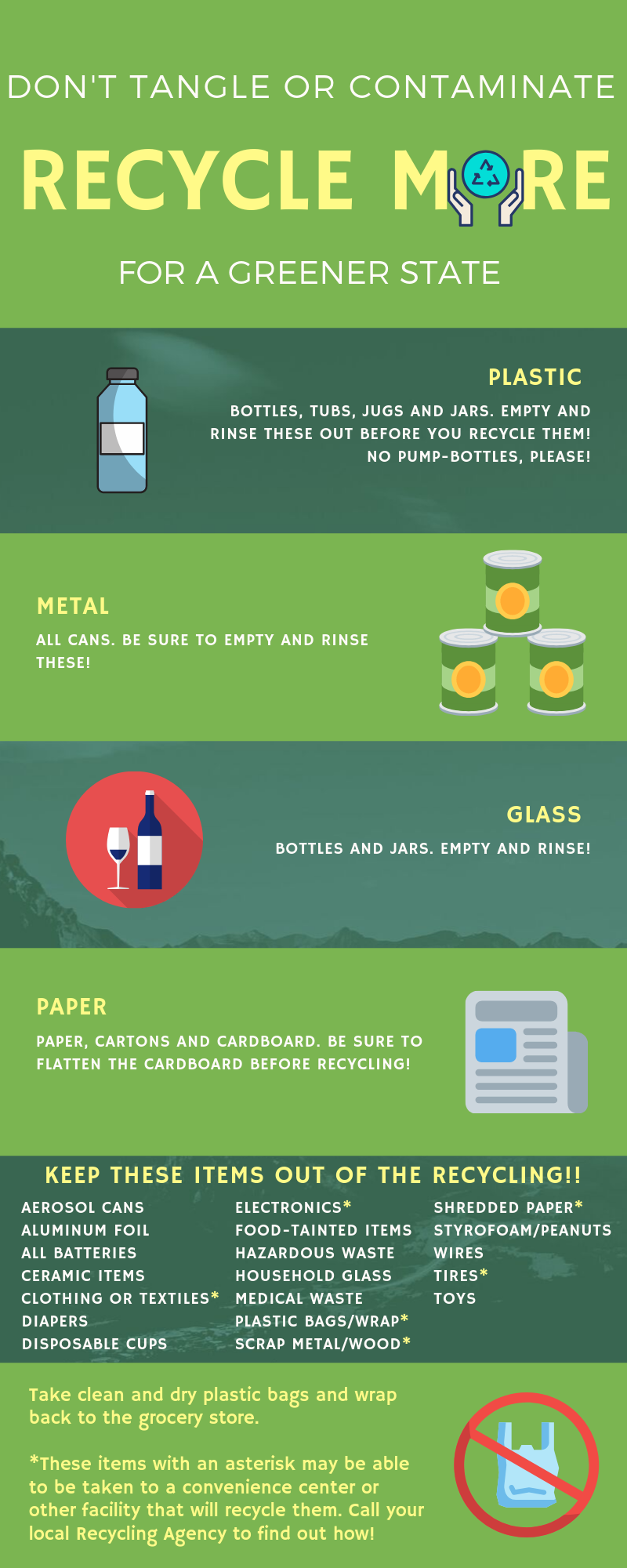The Makeover Of Dumpster Rental: An Exam Of Its History, Present State, And Future Prospects
The Makeover Of Dumpster Rental: An Exam Of Its History, Present State, And Future Prospects
Blog Article
Team Author-Whitaker Sumner
As you contemplate the evolution of dumpster service, consider just how each period has actually contributed to shaping the waste management landscape we navigate today. From simple beginnings in the 1930s to the sophisticated modern technologies of the here and now, the trip of dumpster rental has been noted by technology and adjustment. Yet what lies on the horizon for this important service? The future trends in lasting techniques hold the secret to unlocking a more reliable and eco-conscious approach to squander management. Remain tuned to discover exactly how the dumpster leasing industry is positioned to embrace a greener tomorrow.
Historical Origins of Dumpster Rental
Explore the origins of dumpster service and just how it has shaped waste management methods gradually.
Dumpster rental traces back to the 1930s when George Roby Dempster, a Tennessee entrepreneur, developed the Dempster-Dumpster. This essential creation revolutionized garbage disposal by supplying a marked container for gathering and delivering garbage successfully. At first used for construction sites, the idea rapidly broadened to residential and commercial settings, causing the establishment of the very first dumpster rental solutions in the 1960s.
Over the years, dumpster leasing has actually considerably influenced waste monitoring practices by advertising convenience, sustainability, and company. The capacity to streamline waste in dedicated containers simplifies collection procedures, lowers littering, and enhances reusing efforts. In addition, dumpster rental motivates individuals and organizations to adopt responsible waste disposal behaviors, contributing to cleaner settings and lowered environmental influence.
Modern Innovations in Waste Monitoring
Incorporating innovative modern technologies and sustainable methods has transformed waste management recently, boosting efficiency and ecological influence. One considerable development is the use of clever waste monitoring systems that employ sensors to check waste degrees in real-time, optimizing collection paths and routines. These systems help reduce unnecessary pickups, lowering fuel consumption and exhausts.
One more modern innovation is the implementation of waste-to-energy centers, where non-recyclable waste is converted into power via processes like incineration or anaerobic food digestion. websites decreases the quantity of waste predestined for land fills yet likewise generates renewable energy.
Furthermore, the intro of single-stream recycling has actually streamlined the reusing procedure for customers, causing higher engagement rates and greater diversion from garbage dumps. Furthermore, developments in composting modern technologies have made organic waste monitoring more efficient, turning food scraps and yard waste right into important compost for farming usage.
Anticipated Trends in Lasting Practices
Sustainable waste management methods are advancing rapidly to fulfill the enhancing demands for ecological duty and resource performance. As you aim to the future, numerous key patterns are expected to form the market. 15 yd dumpster rental will certainly get on lowering waste generation with far better product design and packaging. Firms will increasingly take on circular economic climate concepts, aiming to decrease waste and take full advantage of the lifespan of products.
One more pattern to watch for is the rise of advanced reusing innovations. trash dumpsters in chemical recycling and pyrolysis are anticipated to supply brand-new solutions for managing complex or contaminated waste streams that typical recycling methods struggle to refine effectively. These innovations have the prospective to transform just how we manage waste, turning difficult-to-recycle products into beneficial resources.
In addition, expect to see a better emphasis on organic waste diversion. Composting programs and anaerobic food digestion centers will certainly become much more prevalent as communities make every effort to minimize the amount of organic matter sent to garbage dumps. By buying these sustainable practices, we can move towards a more round and resource-efficient waste management system.
Conclusion
In conclusion, dumpster leasing has actually come a long way considering that its creation in the 1930s. From its modest starts on construction sites to its prevalent use in household and business settings, the industry has constantly progressed to meet the altering requirements of waste management.
With the introduction of modern-day advancements and a focus on sustainable practices, the future of dumpster rental looks encouraging, with a solid emphasis on performance, environmental responsibility, and technology.
